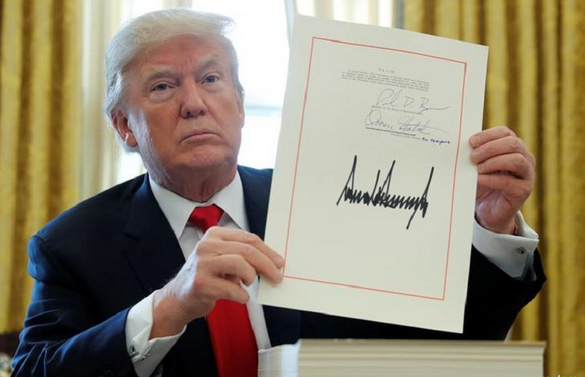U.S. lawmakers on Wednesday introduced legislation to limit the president’s power to levy import tariffs for national security reasons.
The bills face an uncertain future but underscore bipartisan concerns on Capitol Hill over the rising costs of the Trump administration’s trade policies. The United States in 2018 slapped duties on aluminum and steel from other countries, drawing criticism from lawmakers who support free trade and complaints of rising supply chain costs across business sectors.
Two bipartisan groups of lawmakers on Wednesday introduced legislation known as the Bicameral Congressional Trade Authority Act in the Senate and the House of Representatives.
The bills would require Trump to have congressional approval before taking trade actions like tariffs and quotas under Section 232 of the Trade Expansion Act of 1962. The law currently allows the president to impose such tariffs without approval from Capitol Hill.




